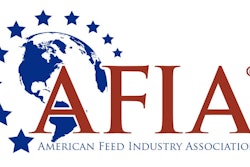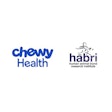Nepali exports of dog chew, crafted from Himalayan yak or cow milk, have witnessed a significant upswing in recent years, notably in the United States, Canada and several other countries. Lekali Corp Pvt. Ltd, a prominent industry player, shares insights into the intricate manufacturing process and offers advice to aspiring entrepreneurs considering this as a viable option amidst Nepal's surplus milk production, providing an alternative income stream for farmers.
Manufacturing process highlights:
- Milk Collection: Sourced from high-altitude regions in the Himalayas for its rich nutrient content.
- Milk Treatment: Boiled to remove impurities and reduce volume.
- Fermentation: Milk undergoes fermentation for enhanced digestion.
- Shaping and Drying: Curd shaped into desired forms, air-dried for hardness.
- Aging: Dried chews aged for 8 to 9 weeks to enrich flavor and durability.
- Quality Control: Rigorous checks ensure adherence to safety standards.
Bishow Bandu Sharma, Factory and QC Head at Lekali Corp Pvt. Ltd, advises caution to aspiring entrepreneurs, highlighting potential market volatility and challenges in maintaining product quality, emphasizing the need for a comprehensive understanding of the chew's production and supply chain.
Export statistics reveal a remarkable surge in demand. Fiscal year exports soared by 38 percent to 1,744 tons, valuing Rs 2.91 billion. Shipments in the current fiscal year have already reached 1,346 tons worth Rs 2.53 billion, projecting a potential 240 percent increase in the last five years by year-end.
Manufacturers credit the global popularity of Nepali dog chew to its natural appeal, prepared from Himalayan milk at high elevations. As demand escalates, Nepal remains a key player in the thriving market for natural and durable pet treats.
For more insights, visit Bishow Bandu Sharma's LinkedIn profile.














